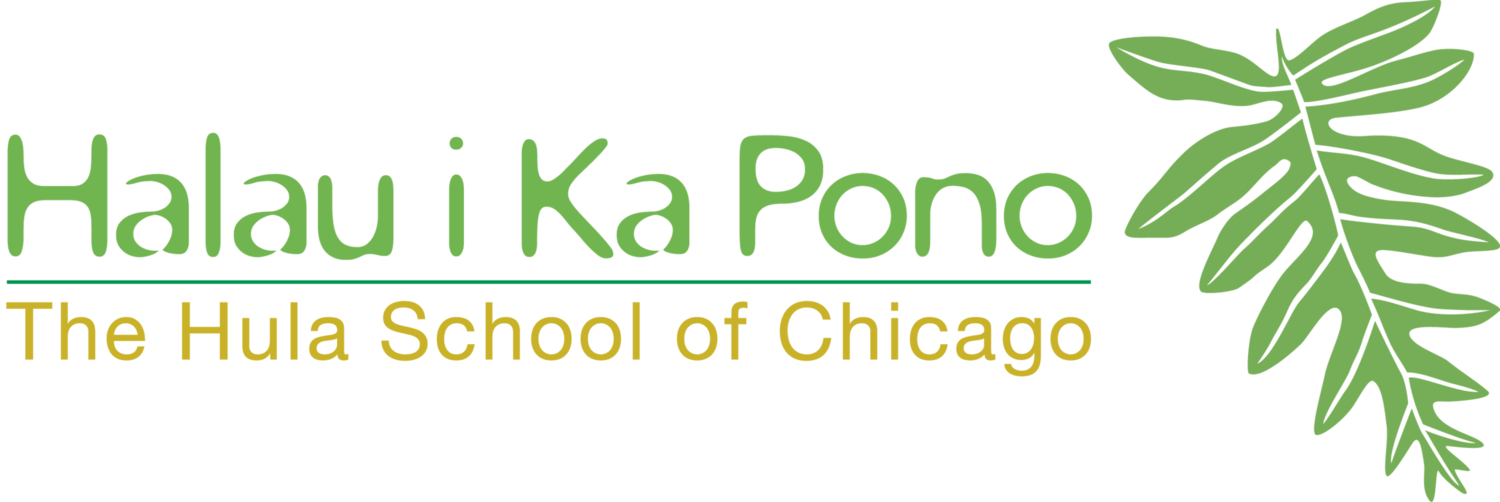Hula twins Beth and Lisa Nielsen with their balloon turkey hats for Thanksgiving.
Talking stories is one of the things I loved when growing up on the Hamakua Coast of Hawaii. I was born into a family of 5 children, two loving parents, and for a time, many hunting dogs because my father liked to hunt. He hunted initially with a gun and later with a bow and arrow.
My father and mother loved people, and my Dad especially loved to tease people he liked. He often had his hunting friends over. There were quite a few young men from Honokaa, Hilo and Kona who would hunt wild game with him up on Mauna Kea.
They would get together and tell stories of their hunting adventures that would usually have funny twists. They’d have favorite stories they’d tell over and over again and add new details. Everyone would laugh and really enjoy their time together around our small kitchen table. We kids would be around the table hanging on every word and laughing our heads off too along with everyone else.
My brother Carl reminded me of a funny Thanksgiving story that happened when my husband and I lived in Waimea over 20 years ago. Carl recalled that he had gone hunting with our father and an older friend, Mr. Degawa, who had recently moved from Japan to retire with his wife in Waimea. They went hunting on Mauna Kea, and Carl shot a wild turkey.
Dad was going to cook up the wild bird to bring to our annual family potluck gathering at my second brother’s home.
I have three brothers, and with their families, friends, and our parents and their friends - we used to have wonderful large gatherings with children running around, and the tv blaring football. My sister-in-law’s dining room table would be laden with lots of delicious local style food: fried crispy reef fish, rice, smoked wild pig, roast ham, roast turkey, salted opihi (limpets), macaroni salad, different kinds of sushi - plus another table set up for more food and desserts like cakes, tri-colored jello, blueberry cream cheese pie, and some home made Japanese manju.
And on this occasion, a roasted wild turkey.
I will never forget that Thanksgiving when I opened the door and entered my brother Robert’s home. Right away I noticed a horrible smell that was very different from other family get-togethers. I said, wrinkling my nose, “What’s that awful smell?” Everyone else seemed to be fine and seemed not to notice it much. I kept repeating my question. No one answered me.
My brother Carl reminded me that our father did not have a sense of smell. When they got home to Kukaiau, they were so tired from hunting all day that they forgot the turkey in Carl’s ’69 Dodge truck overnight. The turkey’s inside started to rot. The next morning my parents feathered and prepped the turkey, and then my father tried a new way to cook it. He had learned it from a haole (Hawaiian term for white) guy at the hunter check-in station the day before. The haole said, “Bake it in a bag - it makes the bird so juicy, the meat falls off the bones!”
So that’s what my dad did, and there it was right next to the roasted Butterball Turkey! Well, the wild turkey was rotten on the inside so when he broke open the bag the terrible smell pervaded a lot of the house. Carl said it looked like a turkey vulture.
Meanwhile, my father was carving it up and offering it to all the guests who passed by in the food line. I said “No thanks!” Mr. Degawa asked, “Do I have to eat that?” He kindly refused when someone (maybe me) told him “No.” My brother Robert was fuming and eventually put the turkey on the patio table.
No one took the smelly wild turkey except our friend Dean. He put a lot of cranberry on a piece and said it tasted like cottage cheese. Who knows maybe it was natural probiotics - Kim Chee is good for you and some say it smells pretty bad!
If there’s a moral to the story, it might be to take care of the inside as well as the outside. Laughter is such good medicine during these bleak times. Dad and Ma have been gone 12 and 9 years respectively. I miss them and am so grateful for the memories I have.
There’s a lot of suffering going on right now with Covid and our new “normal” of masks and strict social distancing. We are called to practice patience - Ho’omanawanui - during this time. We must be patient and respectful with ourselves. Being respectful means honoring the feelings of grief, anger and fear that arise for they are all part of our spiritual path and growth. Pausing, breathing, and bearing witness to our feelings and emotions are so important in the healing process.
And please have fun talking stories with your friends if you're not doing it already!
Malama pono (take care of body, mind and heart),
June Kaililani Ryushin Tanoue
Kumu Hula, Sensei
P.S. Here's a talk I gave yesterday during our ZLMC 7-day silent meditation retreat called "Everything is Enlightenment."


